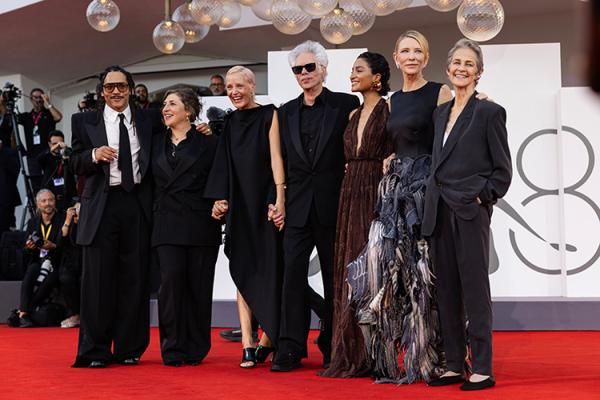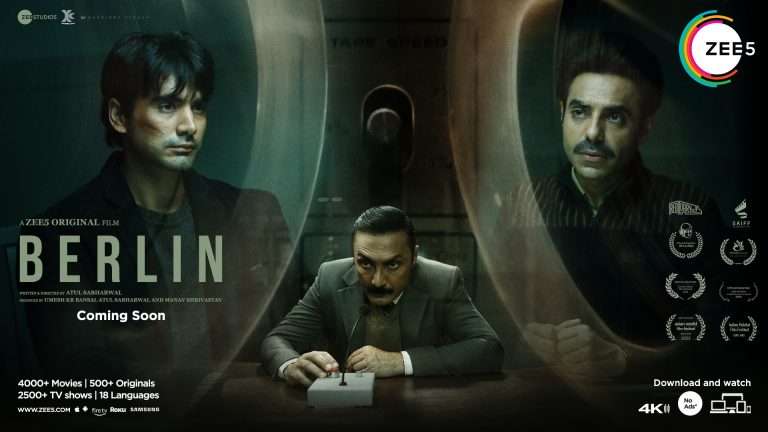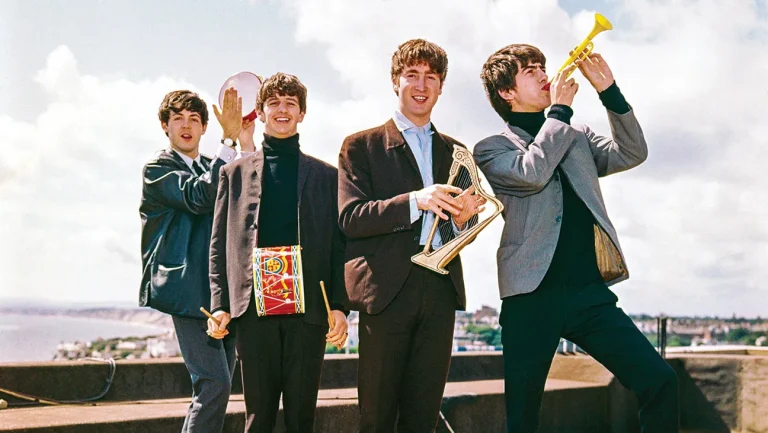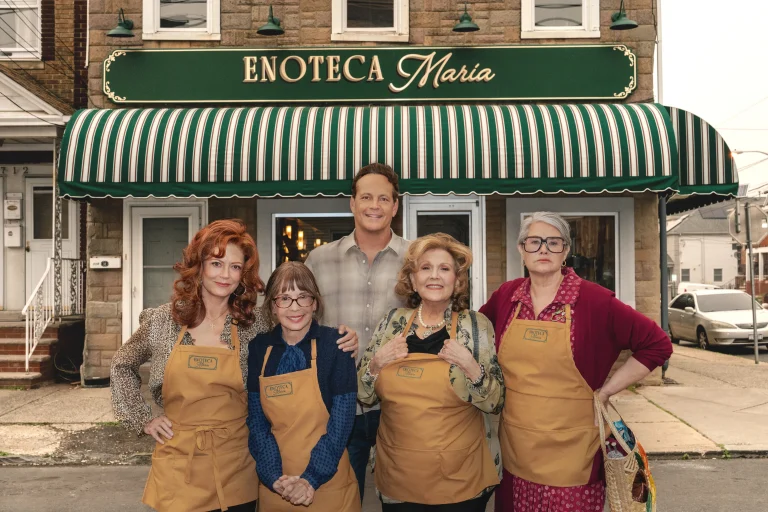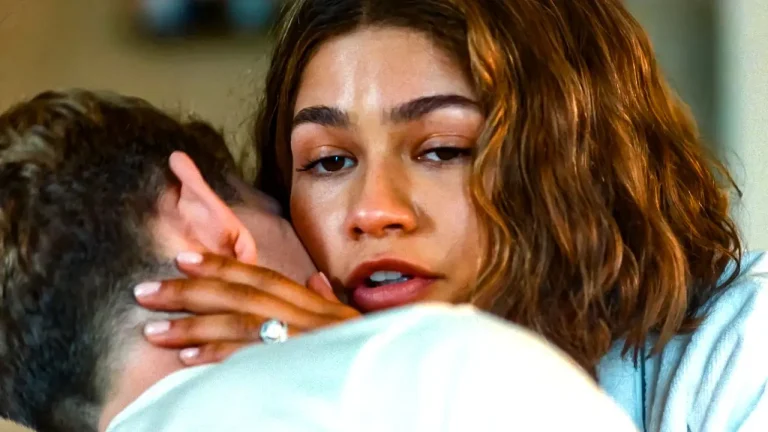The 62nd New York Film Festival (NYFF) welcomed the powerful and timely documentary No Other Land, directed by Basel Adra, Hamdan Ballal, Yuval Abraham, and Rachel Szor. A poignant portrayal of the ongoing Palestinian-Israeli conflict, the film is a testament to the filmmakers’ activism and resistance. However, a stark reminder of the real-world stakes came just before the screening, when Yuval Abraham, one of the directors, made an urgent and emotional statement on behalf of the collective.
No Other Land: A Collective Voice in a Time of Crisis
In a somber yet powerful address on October 1, Abraham announced that the filmmakers would not be able to participate in the Q&A session or the planned free talk later in the week. The reason: the escalating violence in their home region. The filmmakers had no choice but to leave New York and return home to be with their families, who were in imminent danger. “We need to be with our families… it felt wrong for us to be here while things are just deteriorating and escalating back home,” Abraham stated.
This heartfelt announcement underscored the urgency of their film and the real stakes that go beyond the screen. The filmmakers’ decision to leave highlighted the gravity of their lived experience, where the violence they capture on film isn’t just subject matter—it’s their reality.
A Documentary Born from Resistance
No Other Land isn’t just a film; it’s an act of resistance. The documentary, which was co-produced by Palestine and Norway, follows the life of Basel Adra, a young Palestinian activist resisting the Israeli military’s forced displacement of his people in Masafer Yatta, located in the West Bank. The film documents Basel’s unwavering struggle, as he records the demolition of homes and the eviction of families, all while forming a deep, yet complex friendship with Israeli journalist Yuval Abraham. Their bond, a symbol of co-resistance, is constantly tested by the stark contrast in their lives—Basel faces daily violence and oppression, while Yuval enjoys relative safety.
Filmed over five years, the documentary is a collective effort by Palestinians and Israelis, led by a group of young activists. The project is a blend of personal and political narratives, and in many ways, it mirrors the filmmakers’ own experience of resistance. Yuval Abraham noted the strain they endured during production, with military raids on Basel’s home, the confiscation of footage, and the constant stress that came with documenting such volatile realities.
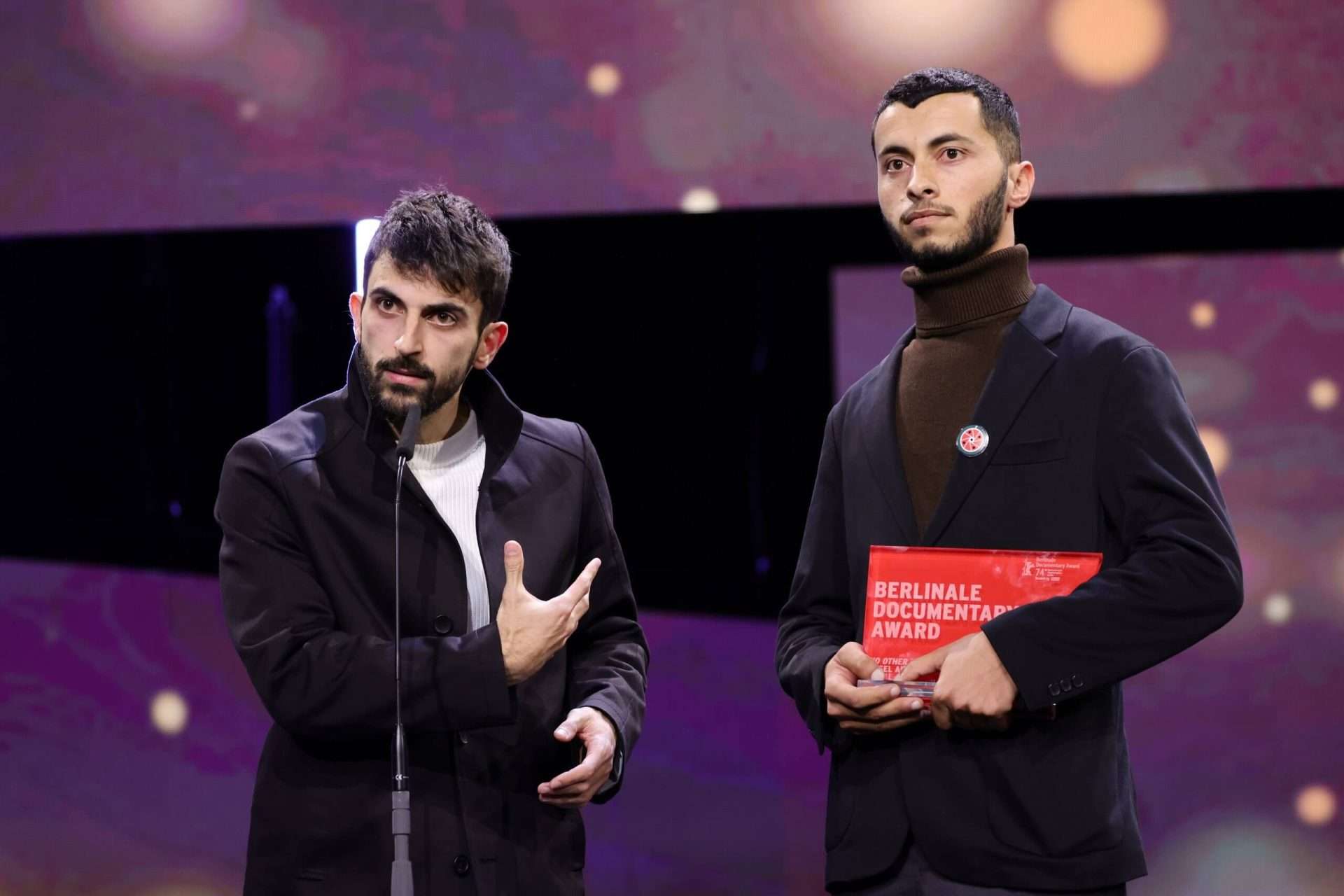
A Plea for Empathy and Equality
The filmmakers’ statement before the screening was more than just an update on their situation—it was a plea. “This film… is both a document of a war crime happening now in the occupied West Bank, and a plea for a different future,” Abraham said. They envision a world “without occupation and oppression, based on empathy, respect for international law, and true security and equality between Palestinians and Israelis.”
This vision may seem distant, especially in the face of increasing violence, but it’s one the filmmakers continue to fight for. Their documentary is their weapon in a battle for justice—a testament to the power of storytelling in the midst of political chaos.
No Other Land: An Acclaimed Film with a Global Stage
No Other Land made its world premiere at the 74th Berlin International Film Festival, where it won both the Panorama Audience Award for Best Documentary Film and the Berlinale Documentary Film Award. The film has gained international acclaim not just for its depiction of life under occupation, but for the sheer bravery of its creators, who filmed under incredibly dangerous circumstances.
Also, Read: Tantura [2022] ‘Sundance’ Review
As the film continues its festival run, including an exclusive one-week engagement at Film at Lincoln Center in November, the urgency of its message has only intensified. With the conflict escalating once again, No Other Land serves as a poignant reminder of the human cost of political decisions and the indomitable spirit of those fighting for a better future.
The screening of No Other Land at NYFF62 was not just a moment for cinema—it was a moment for humanity. The filmmakers’ decision to leave the festival early to be with their families brings into stark relief the reality they live every day. Their documentary, made with courage and conviction, is not just a plea for peace, but a vital piece of history that documents the ongoing struggle for justice in one of the world’s most enduring conflicts.
As the film continues to reach global audiences, the message of No Other Land remains clear: in the face of violence and oppression, resistance is not just an option—it is a necessity.



